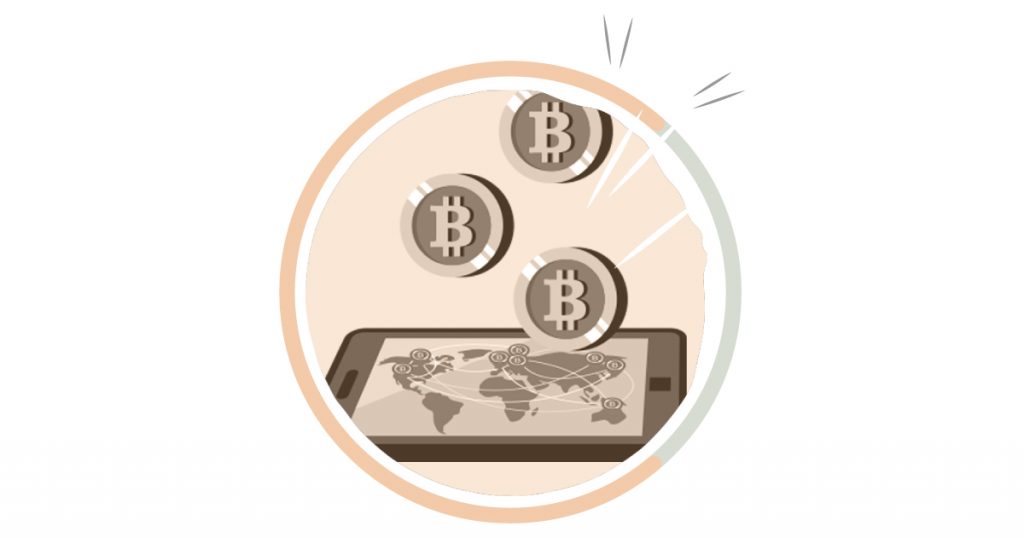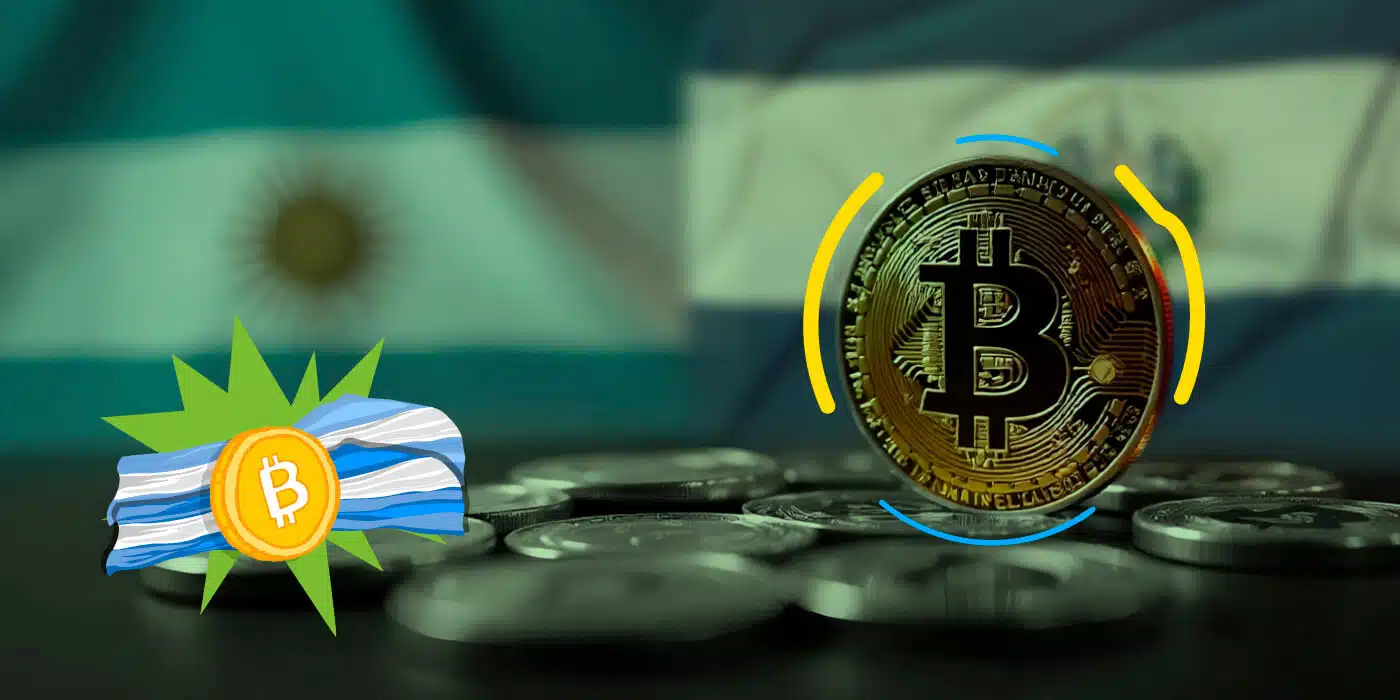Overview
Venezuela, en los últimos años ha experimentado un crecimiento significativo en la recepción de remesas a través de criptomonedas, alcanzando casi 500 millones de dólares en 2023. Esta tendencia es una respuesta a las costosas tarifas de las empresas financieras tradicionales y la necesidad de una solución rápida y económica para enviar dinero al país. Este artículo examina el impacto de esta práctica y cómo ha transformado la dinámica de las transferencias en Venezuela.
Cryptocurrency Remittances: A Practical Alternative

Cryptocurrency remittances have expanded notably, representing approximately around 9% of the total remittances sent to Venezuela in 2023. This growth is due to several elements
- Cost efficiency and reduced fees: Using cryptocurrencies like DOGE (Dogecoin) and USD Tether (USDT) allows senders to avoid the high fees associated with traditional money transfers
- Transaction speed: Cryptocurrencies offer the advantage of almost real-time transfers, which is crucial in critical situations.
- Ease of access: Some platforms make easier the access and conversion of cryptocurrencies, making the process more user-friendly for users.
A concrete example is the case of Paola Moncrieff, a Venezuelan in the United States who utilizes DOGE to send remittances to her family. This solution allows her to guarantee that her family members receive the money quickly and effectively.
Impact on the Venezuelan Economy

The influence of cryptocurrency remittances on the Venezuelan economy is significant. According to estimates, these remittances represent a significant portion of the country’s Gross Domestic Product (GDP), accounting for approximately 6%. Additionally, 35% of Venezuelan households receive remittances regularly, underscoring the importance of these transfers for the economic survival of many families.
The increase in remittances is also reflected in the increased number of Venezuelan migrants who are sending money to their home country. It is estimated that around 50% to 60% of migrants send, a substantial increase compared to previous years.
Final Thoughts
Cryptocurrency remittances to send remittances to Venezuela has proven to be an effective alternative for overcoming the challenges imposed by traditional financial systems.
Speed and efficiency have made cryptocurrencies an important tool for Venezuelan migrants who wish to support their families. This phenomenon not only lightens the economic burden on households but also fosters broader adoption of cutting-edge financial technologies in the country. As this trend continues, we are likely to see an even greater impact on the Venezuelan economy and a transformation in the way remittances are managed in the future.







